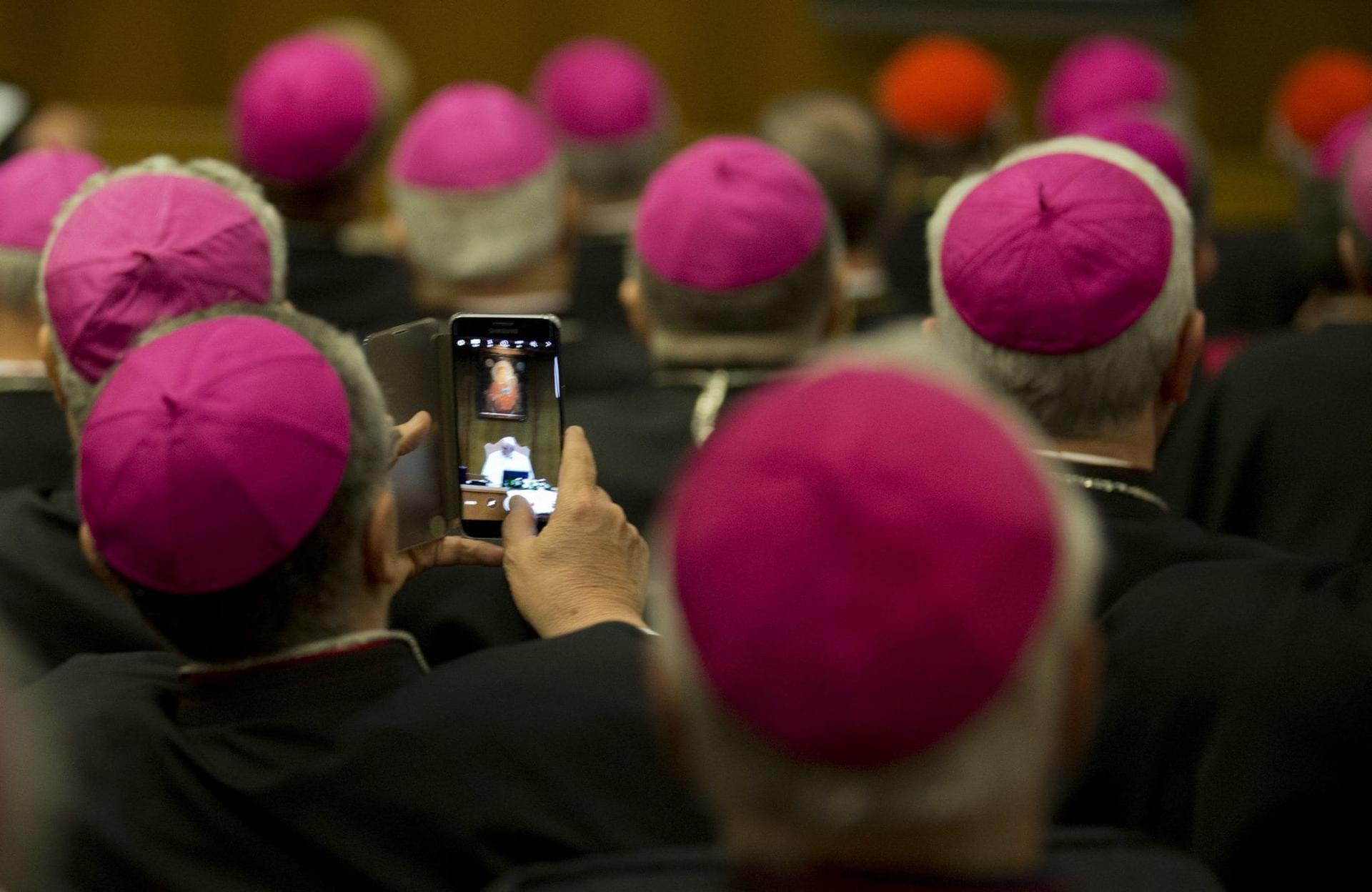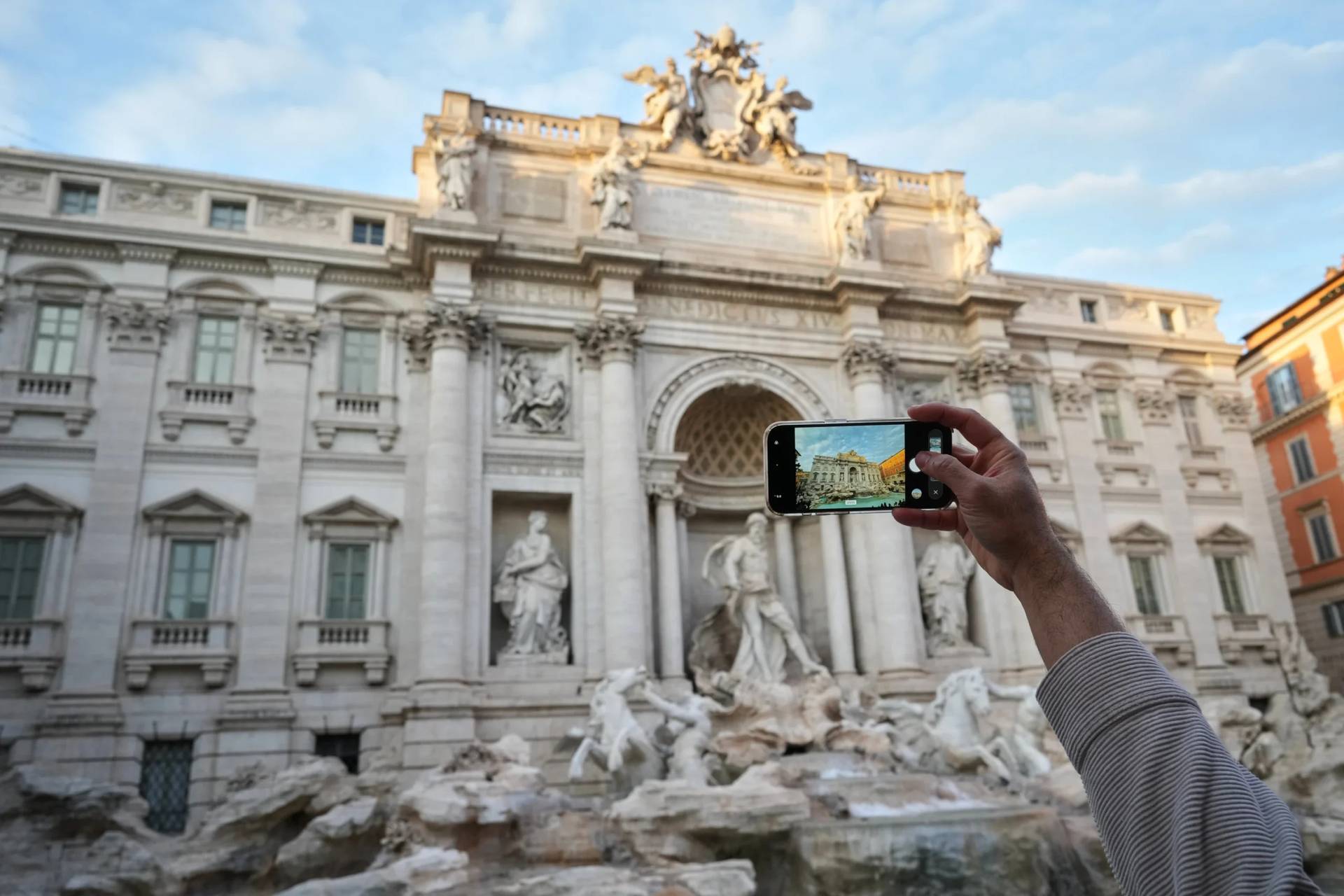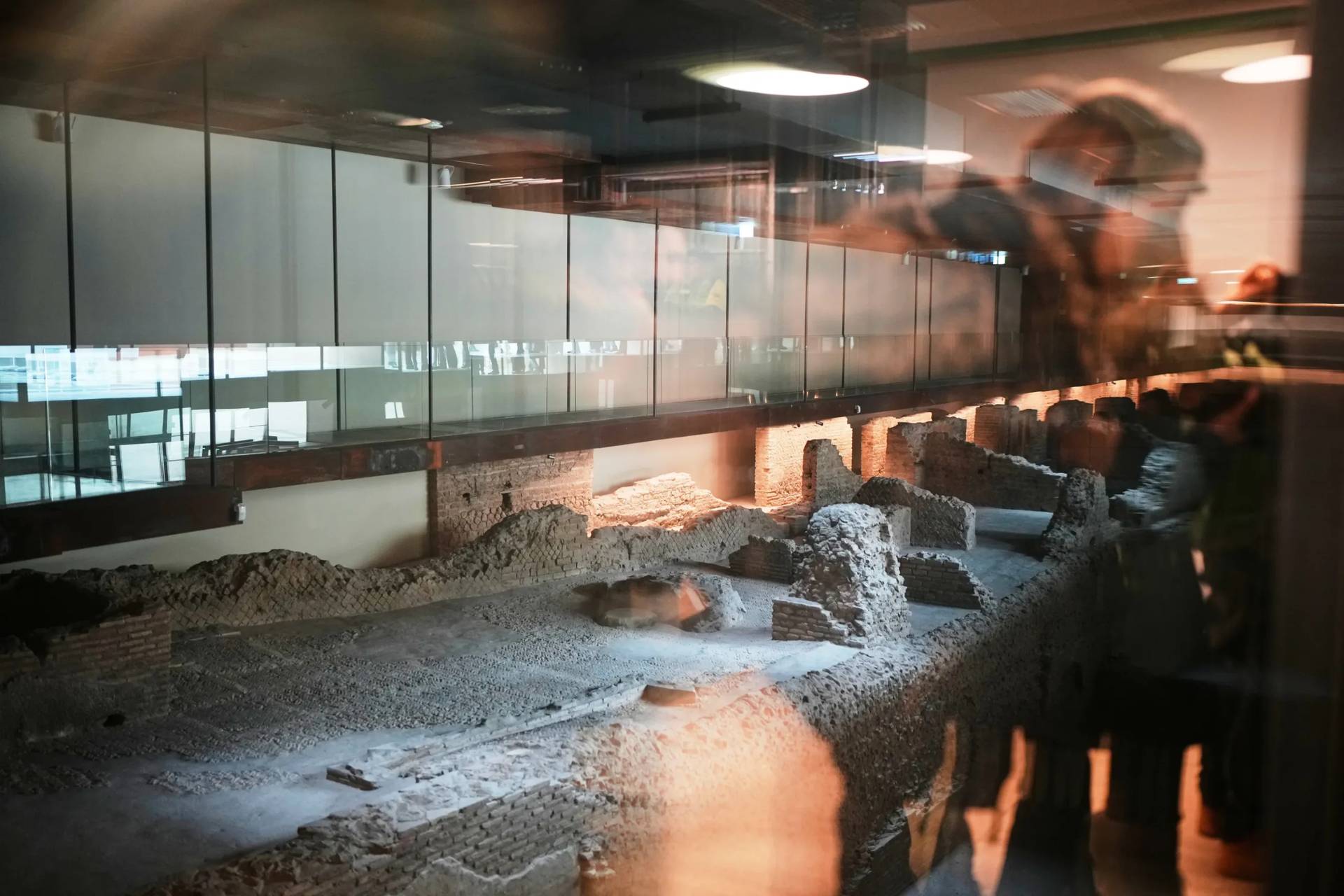ROME – Italian bishops may be behind the curve when it comes to tackling the clerical sexual abuse crisis with respect to much of the rest of the Western world, but they’re right on schedule on the subject of immigration, with 2019 ushering in a new wave of social engagement by Italian prelates and perhaps even a new Catholic political party.
Scorning immigrants “as a menace to our well-being, defining them as potential criminals or opportunists, betrays the history of immigrants, including Italians, who contributed to the economic, social and cultural growth in many countries,” read a Jan. 22 joint statement by the Italian Bishops’ Conference (CEI) and the Catholic Community of St. Egidio, one of the new movements in the Church.
The document was released to mark the Week for Prayer for Christian Unity, and unites social activism with ecumenism since it was signed in concert with various Evangelical groups in Italy.
The statement makes an appeal “to live in a spirit of humanity and solidarity toward immigrants,” adding that while “this is a duty for everyone toward those who abandon their country and risk their life in the desert and on the sea, for Christians it’s an obligation.”
The document is signed by Father Stefano Russo, the newly appointed General Secretary of CEI; Marco Impagliazzo, president of Sant’Egidio, “the pope’s favorite movement”; Eugenio Bernardini, a moderator in the Waldensian Church; and Pastor Luca Negro, who heads the Federation of Evangelical Churches in Italy.
Perhaps unintentionally, the ad hoc coalition has been styled by some as an answer to calls for a renaissance of the Christian political presence in Italy — what Cardinal Gualtiero Bassetti of Perugia, the president of CEI, has called a “civil forum,” but what others would like to see transformed into an actual political party.
According to some Italian observers, an essay by Jesuit Father Antonio Spadaro’s in Civiltà Cattolica titled “Going Back to Being with the People,” published Jan. 4, in effect presented a blueprint, if not a manifesto, of what a Christian party would look like.
The priest and philosopher, often considered to be aligned with Pope Francis’s views, invites people to promote a new connection with ordinary folk, away from the closeted conversations of the elite. Spadaro also suggests a newfound pro-European zeal, a renewed understanding of citizenship, the birth of “a new Mediterranean Order” and, of course, the welcoming and promotion of immigrants.
Bishops on the Italian Peninsula are not holding back when it comes to making their positions known. Ahead of regional elections in February, Archbishop Bruno Forte, another close adviser to Francis, issued a “moral decalogue” to aid citizens in the voting booth.
However one votes, the archbishop said, the intent must be “first and foremost respect for the dignity of every human person, whatever the color of their skin, their history, or origin.”
Citizens were encouraged to support those who promote the welcoming of immigrants, cater to the needs of the young and the poor, and promote accessible health and education policies.
In a document released in early January, the Vatican’s Dicastery for Integral Human Development, led by Cardinal Peter Turkson, seemingly challenged the “hard line” on immigration “that favors human trafficking” and is sustained by Italian Minister of the Interior Matteo Salvini, who has spearheaded anti-immigration sentiments in Italy.
The Vatican’s practical answer to immigration politics is clear: human corridors and multilateralism. These were major points in the document released by the Italian bishops Jan. 22 in collaboration with Catholic organizations and Evangelical groups.
“A migration policy that does not open new secure and legal paths to access Europe is fatally destined to incentivizing irregular immigration,” the document reads. “For this reason, we ask the various European countries to duplicate or anyway amplify human corridors.”
After months of silence from Italian clergy regarding politics, it would appear that Christians are making a comeback to the public forum. It’s too early to say whether this will translate into a Catholic political reality – reviving the now-extinct Christian Democracy Party – but Bassetti’s appeal to all the “free and strong,” echoing the words of the late Italian preacher and politician Father Luigi Sturzo, certainly stirred some hearts.
RELATED: Marking the 100th anniversary of a live wire who became the ‘new normal’
“Despite its divisiveness, the topic of immigration is so serious and grave that it cannot be tackled without looking for at least a platform of shared demands and procedures,” the document reads.
















